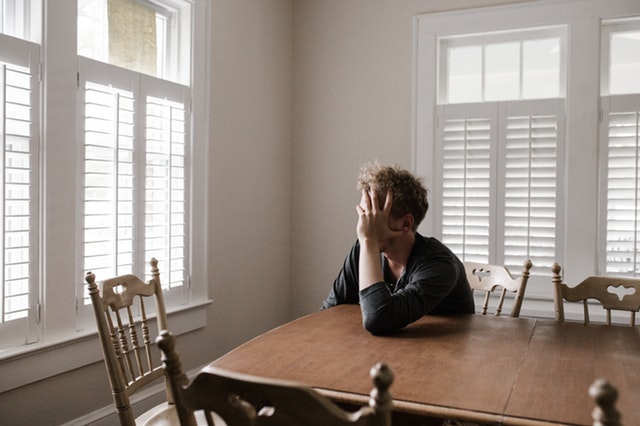The slight tremor in the hand. The knotted feeling in your stomach. The fast pace of your heart in your chest. It all builds and builds until you are packed full of adrenaline and are ready to run away from anyone and everyone who comes near you.
That unease? That’s called anxiety. It triggers your fight or flight response, and it’s one of the most debilitating conditions to deal with. Unfortunately, anxiety is on the rise and there are plenty of people who are dealing with it every day alongside other disorders like depression.
It’s one of the most common conditions around, and yet so many people don’t realize that what they are experiencing is anxiety in the first place. You can go to a dual diagnosis treatment facility to be diagnosed if anxiety is something you’re concerned about, but it’s a good idea to learn everything that you can about it, too. With that in mind, shall we take a look at everything you need to know about anxiety?
Symptoms of anxiety vary from person to person, and they can be extremely mild or they can be so extreme that the sufferer can barely move. Below, we’ve got some of the symptoms of anxiety that you may be familiar with:
- Heavy feeling in the stomach or chest
- Restlessness
- A feeling of dread
- A “zoned out” feeling of seeing and touching everything but not emotionally connecting to it
- Issues with sleeping and concentrating
- Short temper
- Mood swings
- Shakes and sweating
- Heart palpitations
As you can see, there is quite a mix of physical and mental symptoms with anxiety. Sometimes people experience the internal feelings of dread and worry, but other times they manifest into something more. It’s normal to feel anxious in certain situations when emotions are heightened or you expect something ahead. However, if these feelings begin to upset the equilibrium of your life, then it’s time to get some help. It’s also a very obvious sign of something more than “just a one-off worry”.
The causes of anxiety vary from person to person. Some people develop anxiety as a result of trauma or a big change in their life, whereas others develop it as a comorbidity of another condition, like depression or autism. There are many things that can affect someone for them to develop anxious feelings, and it’s important to identify your trigger so that you can discuss it with a therapist or a doctor.
Getting the right help is imperative to your condition is alleviated. Anxiety can be cured for some, but for others, it is a condition that they must manage if they want to get through the day. From therapies to medication, people respond to different things in different ways when it comes to finding the right help for their anxiety. The first step, though, is to figure out what kind of help you could benefit from the most and rolling with it.
There is no way that you should have to suffer from no one supporting you when you have anxiety.

